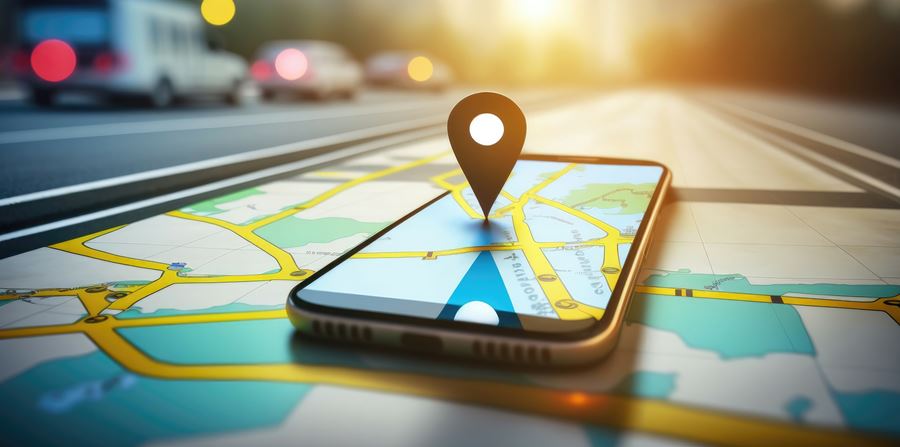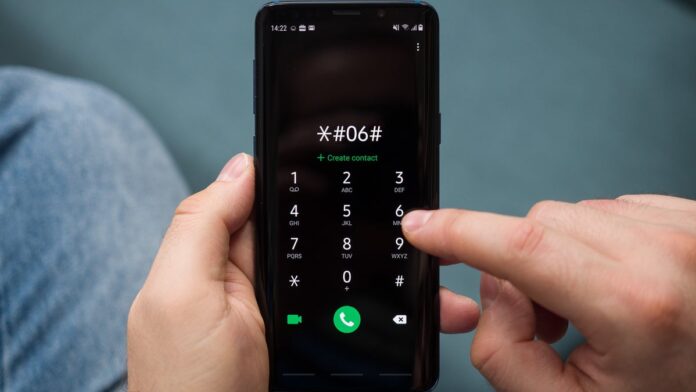Did you know that your IMEI number can reveal a lot about your mobile device and potentially put your privacy at risk? Your IMEI (International Mobile Equipment Identity) number is a unique identifier that is assigned to your phone. While it is useful for activating your device, tracking warranty information, and blocking it if it is stolen, malicious individuals can also misuse it for nefarious purposes.
From tracking your location to accessing your personal information, there are several ways someone can exploit your IMEI number if they get their hands on it. In this article, we will explore the dangers of sharing your IMEI number and provide tips on how to protect yourself from potential security threats.
1. Identify and track your phone

In order to identify and track your phone using the IMEI number, you can take certain steps to ensure its security. One way is to contact your mobile carrier and report the IMEI number of your device as stolen or to report right away to the authorities.
By doing this, the carrier can block the phone from being used on their network and help prevent unauthorized access to your personal information. Additionally, you can also use tracking apps or services that can help locate your phone if it is lost or stolen.
It is important to protect your IMEI number as it is a crucial piece of information that can be used to track or access your device. By being proactive and taking steps to safeguard your phones IMEI number, you can better protect your personal information and secure your device in case of theft or loss.
2. Block, blacklist, or report your phone as stolen
If you discover that your phones IMEI number has fallen into the wrong hands, there are several proactive steps you can take to protect yourself. One option is to block or blacklist your phone with your carrier, rendering it unusable on their network.
This will prevent unauthorized individuals from using your device to make calls or access data. Another step you can take is to report your phone as stolen to the authorities.
By doing so, you can help law enforcement track down the thief and potentially recover your device. Taking swift action to block, blacklist, or report your phone as stolen can help minimize the potential risks associated with someone having access to your IMEI number.
3. Access personal information and data stored on your device

Accessing personal information and data stored on a device using the IMEI number can have serious implications for the device owner. By obtaining the IMEI number, a malicious individual can potentially track the location of the device, retrieve sensitive information such as contacts, messages, photos, and even perform unauthorized actions like making calls or sending messages on behalf of the owner.
This puts the owner at risk of privacy breaches, identity theft, and financial fraud. It is crucial for users to protect their IMEI number and be cautious about sharing it with unknown or untrustworthy sources to safeguard their personal information and data from being exploited.
Conclusion
In conclusion, it is crucial to safeguard your IMEI number and never share it with unauthorized individuals or third-party applications. By keeping this unique identifier private, you can protect your mobile device from theft, unauthorized access, and potential security breaches.
Additionally, regularly performing an IMEI check can help ensure that your device is not blacklisted or compromised. Ultimately, being mindful of who has access to your IMEI number is essential in maintaining the security and privacy of your personal information and mobile device.











